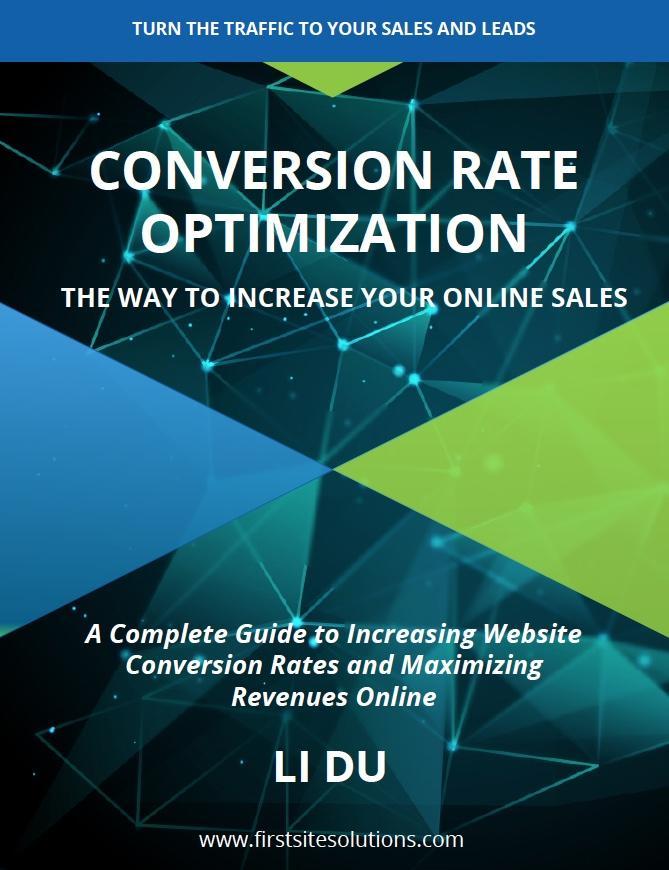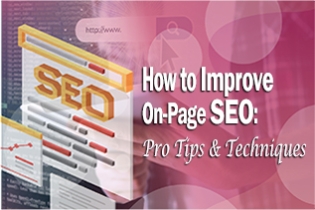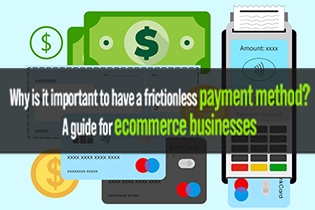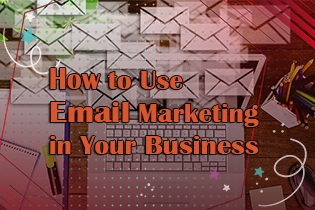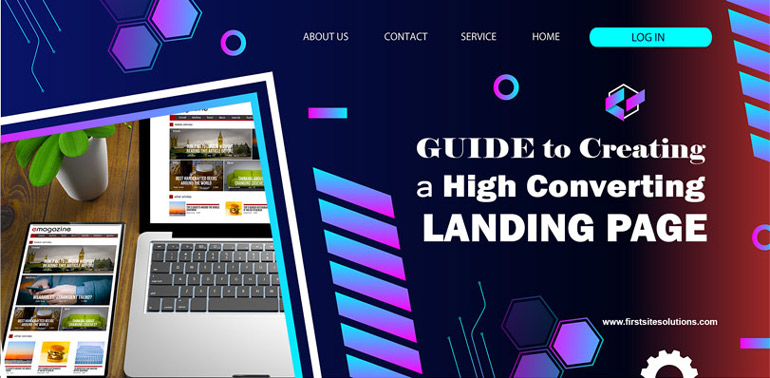
Building a landing page that works for you takes time and effort invested in research, but also in understanding its basics. If you here, you wish to know what a landing page is and how to design one you can benefit from. But there's more to creating a high-converting landing page, so make sure to keep reading.
The landing page fundamentals
Although the first page your visitors land upon is often your home page, the fact doesn't make it a landing page as well. While the home page can be a landing page, it is better if it isn't. It's simply because you should build these two kinds of pages with two different purposes in mind. That being said, here's the key difference between the two:
- the home page focuses on a broad scope of information
- the landing page is focused solely on conversion.
It means that people who land on your landing page already know where they are. Now the only remaining thing is to give them what they came for. And this is the basis for creating a high converting landing page and getting profit from your website. In that process, you should
- perform market research to discover, and later target, specific demographic
- design and optimize your landing page with a specific goal that is the conversion
- bring the creative process to an end with an engaging Call to Action (CTA).
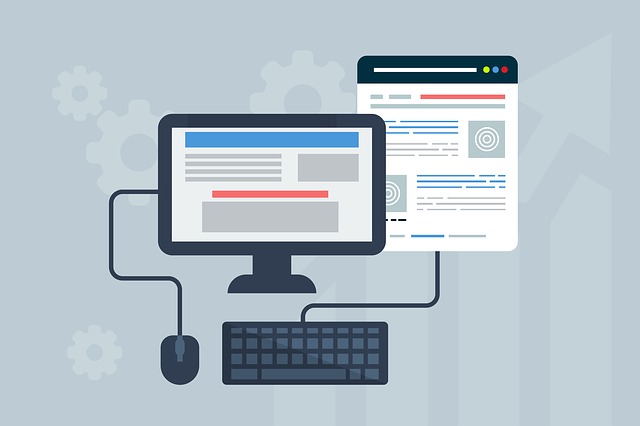
Leave your home page and its extensive, valuable information to organic visitors who wish to discover more about your business and the wide range of your products or services. And then build a landing page that says: here is exactly what you search for - come and take it - now.
In essence, a good landing page should meet the following requirements:
- it should welcome visitors that have clicked on your ad, elaborating on the information the ad provided
- it should lead visitors to do what you intend them to do when creating an ad using a powerful call to action
- and in that process, it should keep visitors centered on that single topic, limiting or omitting all other distractions.
Gather vital info for your landing page through market research
Creating value is one thing, but creating value that someone can benefit from is a different ball game. That is why discovering who will benefit from your product or service matters the most. The more specific the demographic profile of your ideal customer, the more conversions your landing page will achieve.
Following the discovery of the very specific demographic comes market research. Conducting market research is the next step toward creating a high-converting landing page and includes closely monitoring your social media and discovering how your brand trends online. Aside from social media marketing, you can perform research with the help of Google Trends or Quora.
Landing page design matters
Thoughtful web design makes a big difference when it comes to creating a high-converting landing page as it relies on the earlier mentioned requirements. The anatomy of a great landing page is simple; it should contain:
- a short, to the point, attention-grabbing headline
- a sub-headline that expands slightly on the invitation and explains what you're offering
- high-quality, relevant image (of your product or service) that instantly connects with your visitors and provides a visual focus
- an explanation and reassurance and/or a guarantee for your services
- a powerful call to action with a means of contact.
However, a landing page should not contain navigation options and links leading to any other page except the one that completes the intended goal.

Designing a landing page is a part of Conversion Rate Optimization (CRO), whose benefits can get you the best possible results. Aside from improving sales, CRO has numerous advantages that help you indirectly. It increases the effectiveness of your paid ads, takes away customers from your competitors, and makes your brand more attractive to affiliate marketers.
Finally, don't hesitate to try out different landing page tools. They can help you create, optimize and test your landing page(s). Also, they are an invaluable asset for making pop-ups, capturing email leads, adding opt-in boxes, and creating contact forms.
All this being said, it is essential to keep one thing in mind. A landing page should not overpower the visitor with the amount of content. A successful landing page contains only the most necessary design elements and is easy to navigate. In other words, keep things simple.
The psychology of attraction... and conversion
The fact that psychology is behind marketing strategies is perhaps old news, but it doesn't make it less relevant when creating a high-converting landing page. The most applicable and, thus, most utilized in marketing is color psychology, as it sets up the basis for the way your brand is perceived and recognized online. Depending on a purpose you want to achieve and the specific audience (demographic) you wish to engage through your landing page, you will apply the color that best fulfills your goals.

Otherwise, you can rely on the theory of loss aversion. Marketers combine the illustration of a pain point with a testimonial of relief from said pain through the product or service on a landing page. A powerful call to action lies in a balance between a compelling presentation of a loss and gain. The result? A landing page with a high conversion rate.
The cherry on top - a call to action
Finally, we get to the most important element on a landing page - the call to action. It comes with a set of rules that ultimately convert visitors into customers. A CTA should
- stand out and direct attention to itself
- be a creative and persuasive piece of copy
- located within a button at the bottom of a landing page
- be isolated from other landing page elements
It becomes evident that the only way toward creating a high-converting landing page is to satisfy a very specific need of a very specific group of people. In that process, your landing page should include all the elements mentioned above and yet remain simple. If this sounds too complicated, note that you don't have to get it right at once. That's where A/B testing (also known as split testing), ongoing website development, and tweaking come into play.



